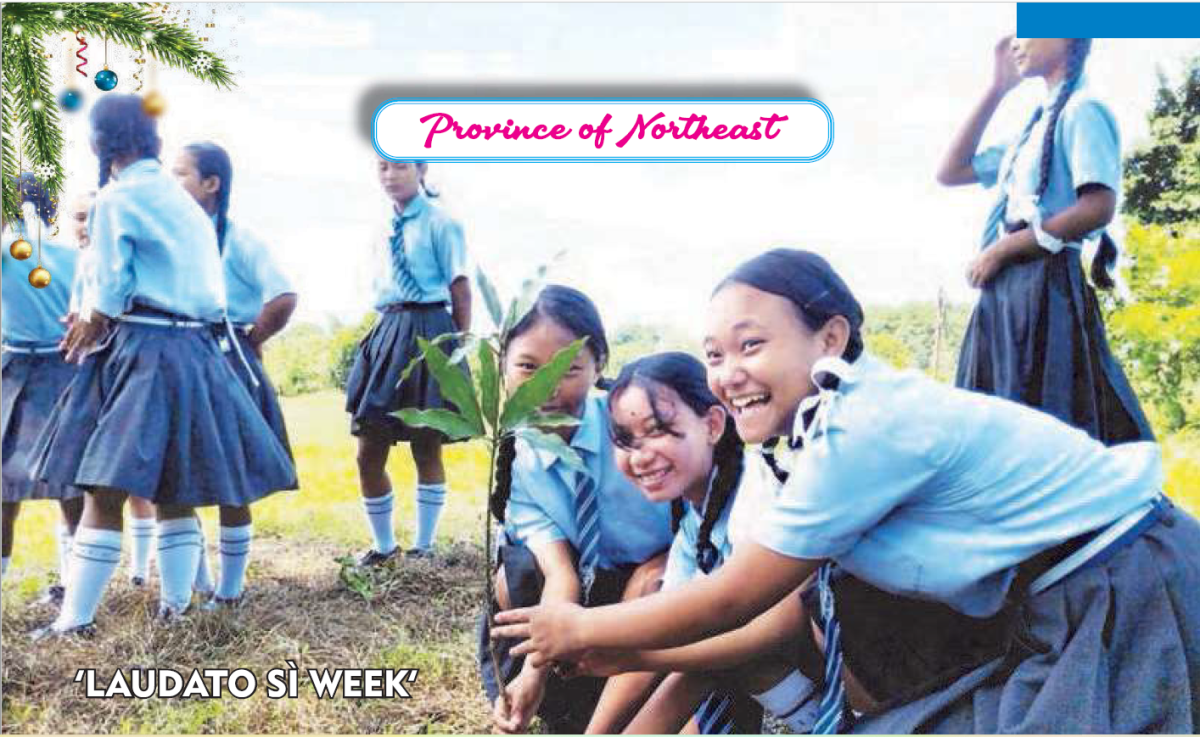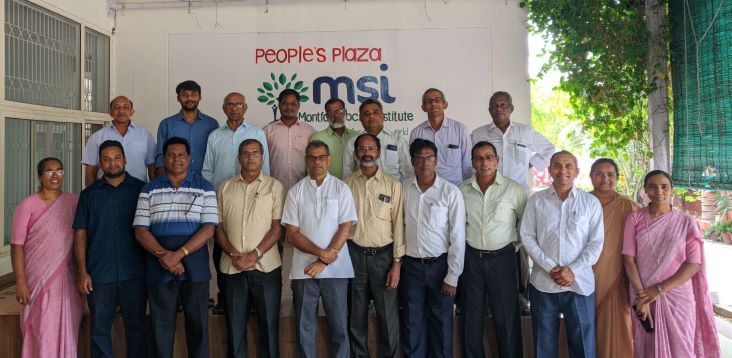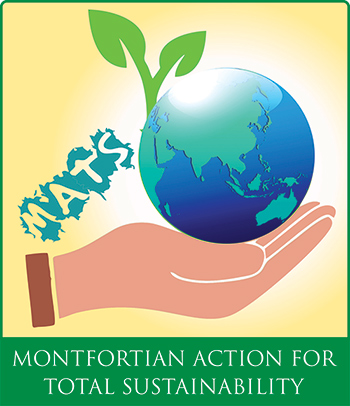JPIC NEWSLETTER
JPIC NEWSLETTER EDITORIAL Bro. James N. A. (PEA) I am very happy to bring to you the first news bulletin of the newly formed JPIC International commission. The General Council held on 2.3.2022 constituted the New Commission for Justice, Peace and Integrity of Creation (JPIC). In this issue I am focusing on the new effort […]
Province of North East India observed Laudato Sì Week
Responding to the urgent call by Pope Francis’ encyclical, Laudato Sì, to tackle the current ecological crisis by making a paradigm shift, a conversion that will deal with environmental problems such as global warming, loss of biodiversity, hazardous chemicals and waste, marine pollution, destruction of forests, monoculture plantations, lack of clean drinking water and social […]
Live-in session of JPIC members of Hyderabad Province
The live in session of J.P.I.C members of Hyderabad Province from 4-6 November, 2021 at MSI was inaugurated by lighting the lamp, symbolising the ‘sacred fire’, by Provincial and four of our veterans in the field of social action along with a meaningful prayer and inaugural address. A small band of 22 Brothers and Sisters […]








